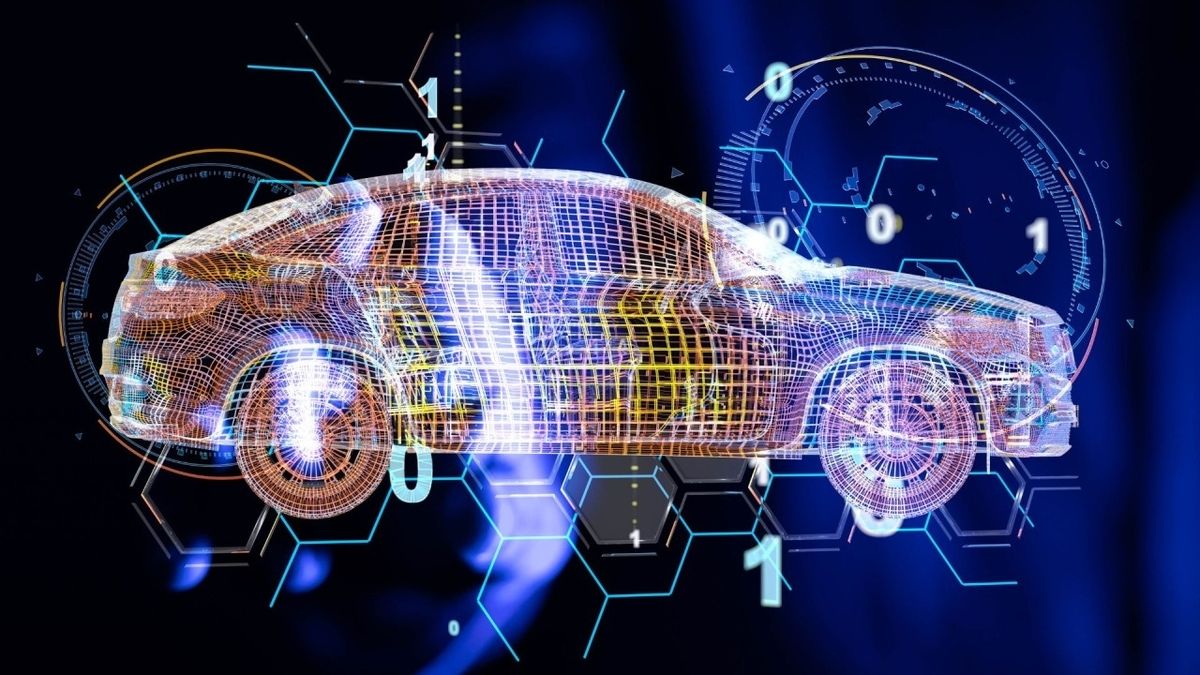
As we gaze into the horizon of 2024, the automotive landscape is set for a transformative shift, underpinned by technological innovation, environmental consciousness, and a burgeoning electric vehicle (EV) market. Prashanth Doreswamy, President and CEO of Continental India, shares insights with ETAuto, projecting a year of stabilization post the tumultuous journey of the auto industry, spotlighting the relentless march towards smarter, cleaner, and more connected mobility solutions.
Technological Disruption and the Push for Sustainability
The auto industry is at a pivotal juncture, with technology steering the wheel towards an era where connected features and driver assist functions become standard fare, transcending the traditional luxury segment. The integration of software is redefining vehicle architecture, shifting from a hardware-centric to a software-defined framework. This evolution aims to cater to the rising consumer demand for new driving experiences and convenience, with two-wheelers also joining the bandwagon of connected technologies.
On the sustainability front, OEMs are aligning their business models to prioritize decarbonization, investing in green technologies, and exploring avenues for shared mobility. The spotlight on electric vehicles (EVs) intensifies, with concerted efforts to enhance consumer value perception and bolster adoption rates. Government initiatives and investments in EV charging infrastructure are pivotal in this journey, aiming to bridge the gap towards a greener future.
India’s Automotive Ascent: Challenges and Opportunities
India’s automotive narrative is one of promise and potential, buoyed by a robust performance in recent years. The country is poised to embrace the challenges of 2024, leveraging regulatory support, technological advancements, and a vibrant economic landscape. However, the path is dotted with hurdles, including supply chain disruptions and the need for a comprehensive EV ecosystem encompassing affordability, infrastructure, and grid capacity.
Despite these challenges, India’s strategic push towards becoming a global automotive manufacturing and R&D hub is gaining momentum. This ambition is supported by a rich talent pool, technological prowess, and a conducive startup ecosystem, although infrastructural and logistical constraints remain areas for enhancement.
Looking Ahead: The Vision for 2030
The automotive industry’s trajectory towards 2030 is characterized by a digital transformation that transcends in-vehicle technologies to redefine mobility. The focus is on making mobility more intelligent, connected, and convenient, paving the way for reduced traffic congestion, emissions, and strides towards Vision Zero. The advent of disruptive technologies, including connected, autonomous, shared, and electric mobility, will shape the future landscape, with safety and customer experience at the core of this evolution.
The role of government policies, such as FAME, road tax exemptions, and safety legislations like Bharat NCAP, will be crucial in steering the industry towards this future. Moreover, the advent of 5G technology will unlock new possibilities for real-time communication between vehicles, infrastructure, and the burgeoning IoT universe, enhancing driver safety, comfort, and efficiency.
As we navigate through the complexities of the automotive industry’s future, the blend of technology, sustainability, and regulatory framework will dictate the pace of progress. India’s journey towards becoming a global automotive powerhouse is fraught with challenges but brimming with opportunities, setting the stage for an exhilarating ride into the future of mobility.
